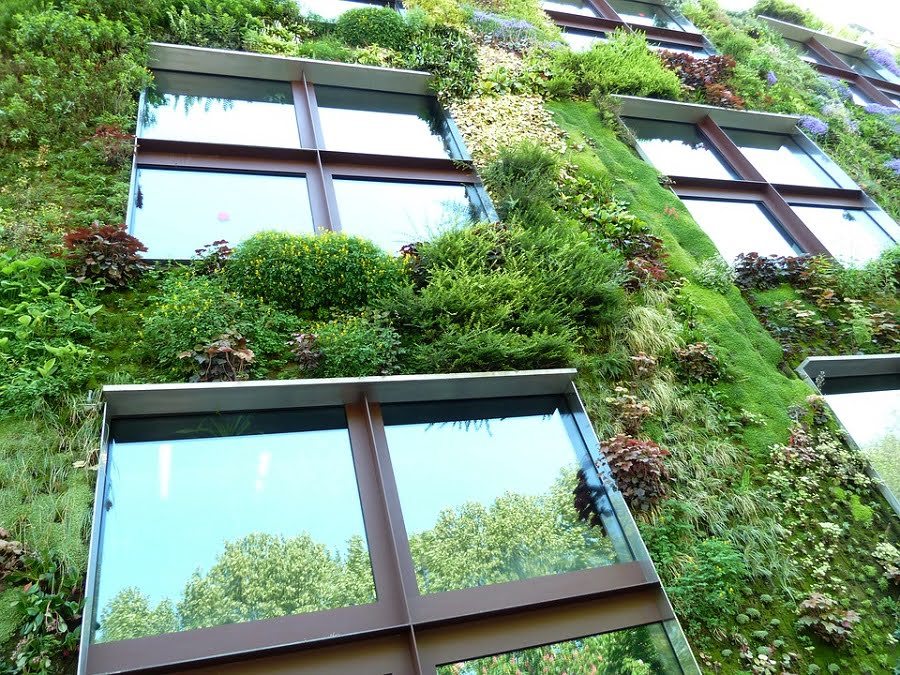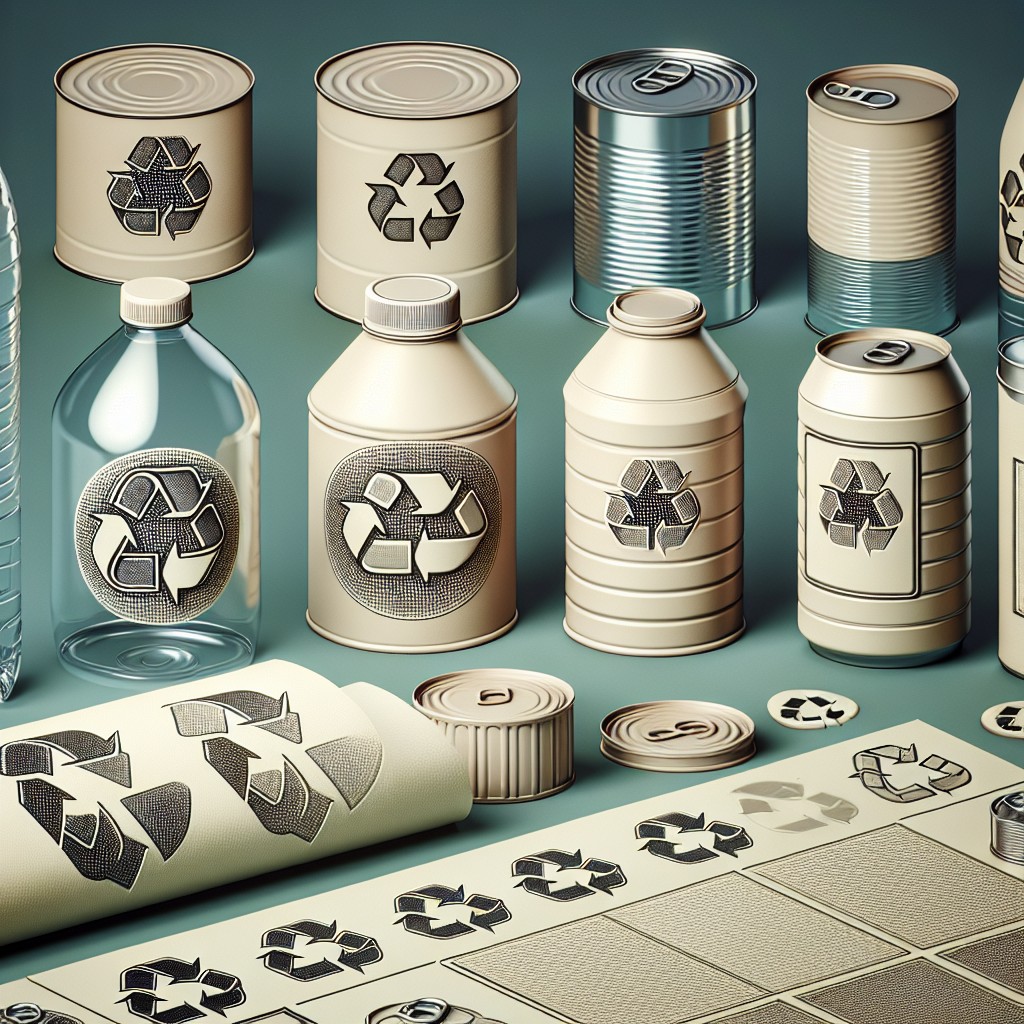Last updated on
Discover how using a recycle bin significantly aids in waste management by transforming your discarded items into valuable resources.
Key takeaways:
- Recycling reduces greenhouse gas emissions and mitigates climate change.
- Recycling supports ecosystems and preserves biodiversity.
- Recycling saves energy and lowers carbon dioxide emissions.
- Recycling promotes economic efficiency and provides employment opportunities.
- Recycling reduces waste destined for landfills and encourages waste reduction efforts.
Environmentally Beneficial: How the Recycle Bin Contributes to Sustainability
The use of a recycle bin is pivotal in reducing greenhouse gas emissions. By diverting items from landfills where they might decompose and release methane, recycling mitigates the impact on climate change.
Additionally, the energy savings from manufacturing new products from recycled materials are substantial. It requires significantly less energy to recycle paper, plastics, and metals compared to producing them from virgin resources. This energy efficiency results in lower carbon dioxide emissions, a key contributor to global warming.
Moreover, recycling supports ecosystems and preserves biodiversity. Keeping materials in use means less need for raw material extraction, which can lead to habitat destruction and pollution. For instance, recycling paper lessens the need for deforestation, thereby preserving forests that serve as carbon sinks and wildlife habitats.
Lastly, clean waterways are another environmental plus. Properly disposing of recyclables prevents them from becoming litter, decreasing the chance of pollution reaching oceans and rivers, thus protecting aquatic life and water quality. In essence, recycling does more than just lessen trash—it’s an investment in the health of the planet.
Economic Efficiency: The Cost-Effectiveness of Using a Recycle Bin
Integrating recycle bins into waste management systems often results in monetary savings. When materials such as paper, plastics, and metals are recovered and repurposed, the costs associated with the extraction and processing of virgin materials are significantly reduced. It’s much like shopping in your pantry before heading out to the store – by checking what you already have, you save money that would otherwise be spent buying new.
Moreover, recycling industries provide employment opportunities. From collection and sorting to processing, each step requires human labor, which contributes positively to the economy. More jobs mean more money circulating in the community and less dependency on the costly import of raw materials from abroad.
Additionally, when local governments spend less on waste disposal due to increased recycling, these savings can be redirected to other vital community services or can result in lower waste management fees for residents. The ripple effect is expansive: a well-utilized recycle bin can lead not just to direct savings from the recycling process itself, but also to broader economic benefits for the community at large.
Reduces Waste: The Role of a Recycle Bin in Minimizing Landfill Overflow
The very act of separating recyclables from regular trash immediately cuts down the volume of waste destined for landfills. By diverting materials such as paper, plastic, glass, and metal from the general waste stream, we ensure that these items have the opportunity to live a second life. This practice not only frees up valuable space in our already overburdened landfills but also decreases the likelihood of creating additional landfills, which can be a source of pollution and greenhouse gas emissions.
Moreover, a well-utilized recycle bin encourages community participation in waste reduction efforts. When individuals take active roles in sorting their waste, they become more aware of their consumption patterns, potentially leading to more environmentally conscious choices. As communities embrace recycling, they collectively contribute to a significant reduction in waste, illustrating the ripple effect of individual actions on a larger scale.
The presence of recycle bins in public spaces reinforces this ecological responsibility, making waste reduction convenient and habitual. In doing this, it’s not just about the waste we’re removing from the cycle, but the cultural shift towards a more sustainable way of living that reduces waste generation from the outset.
Resource Conservation: The Recycle Bin’s Part in Saving Natural Resources
Utilizing recycle bins effectively helps conserve raw materials, as recyclable items are reprocessed into new products. This reduces the need for virgin resources, such as timber, water, and minerals, which in turn diminishes the environmental strain caused by extracting and processing these materials.
For example, recycling paper reduces the demand for new pulp from trees, and in the case of metals, re-melting recycled metals consumes considerably less energy than processing raw ore. As a result, energy expenditure in the production process is decreased which leads to less burning of fossil fuels and a reduction in greenhouse gas emissions.
Furthermore, recycling plastics through proper bin usage can help save petroleum, a non-renewable resource crucially important for various industries beyond plastic production. It also helps mitigate the pollution caused by plastic production and disposal, preserving ecosystems and biodiversity.
By understanding these points, it is clear that the role of recycle bins extends beyond mere waste management; it’s a crucial component in the closed-loop cycle of resource conservation, protecting the reserves for future generations while maintaining ecological balance.
Addressing Wrong Perceptions: Debunking Myths About Recycling
Common myths can often deter individuals from using their recycle bins effectively. For instance, there’s a prevalent belief that all plastics are recyclable. While we wish this were true, the reality is that only certain types of plastic can be processed by recycling facilities. Check labels for recycling codes to ensure you’re not contaminating your recycle bin with non-recyclable plastics.
Another misconception is that recycling uses more energy than it conserves. However, the energy required to manufacture products from recycled materials is significantly less than producing them from virgin resources. For example, creating aluminum cans from recycled aluminum saves 95% of the energy needed to make the same cans from bauxite ore.
Lastly, some people think that a single misplaced item won’t affect the recycling process. Yet, non-recyclable materials can contaminate entire batches of recyclables, making them unusable. It’s important to know what can go in your bin and keep other waste separate.
By understanding and addressing these myths, you contribute to a more efficient recycling system.
FAQ
What is the benefit of recycling bins?
Recycling bins facilitate the reduction of waste sent to landfills, thus contributing to a cleaner, safer environment by minimizing the production of hazardous pollutants.
What is an advantage of recycling?
One significant advantage of recycling is it lessens the demand for extracting resources such as timber, water, and minerals, consequently conserving our planet’s natural resources.
What is the purpose of a recycling bin?
The purpose of a recycling bin is to store recyclables such as paper, plastic, glass, and metal before they are transported to recycling centers for processing.
What are the benefits of waste bins?
Waste bins promote community cleanliness, provide good ventilation to prevent mildew and odors, and separate dry waste from water to avoid fermentation.
How does the use of recycling bins contribute to environmental conservation?
The use of recycling bins contributes to environmental conservation by facilitating the separation and collection of waste materials, promoting the recycling and reuse of these materials, thereby reducing the need for new resources and decreasing landfill waste.
How does recycling influence energy consumption?
Recycling significantly influences energy consumption by reducing the high energy processes needed to extract, refine, transport, and process raw materials leading to a decrease in the overall demand for energy.
What impact does mismanagement of waste bins have on overall waste management and recycling efficiency?
Mismanaged waste bins negatively impact waste management and recycling efficiency by contaminating recyclables, increasing sorting cost, and reducing the amount of actual waste that can be recycled.
Related reading:
Table of Contents

